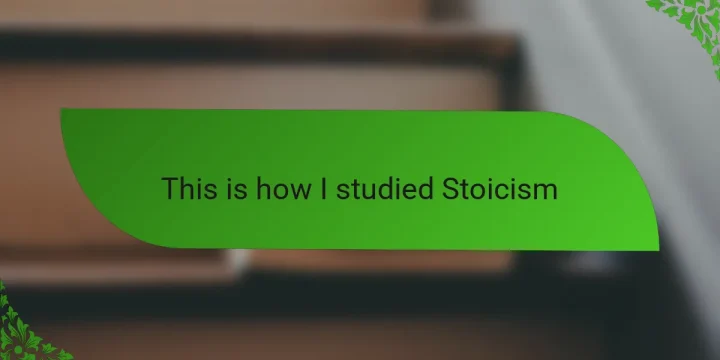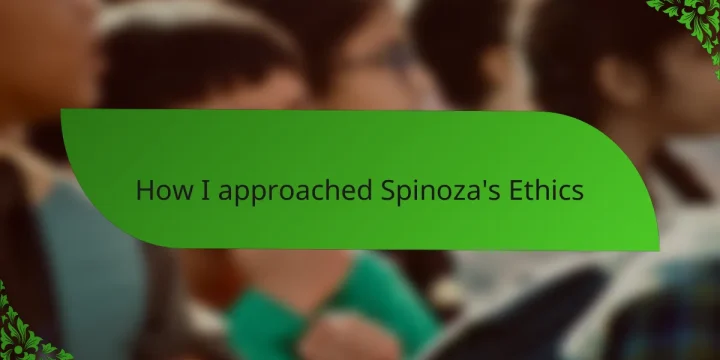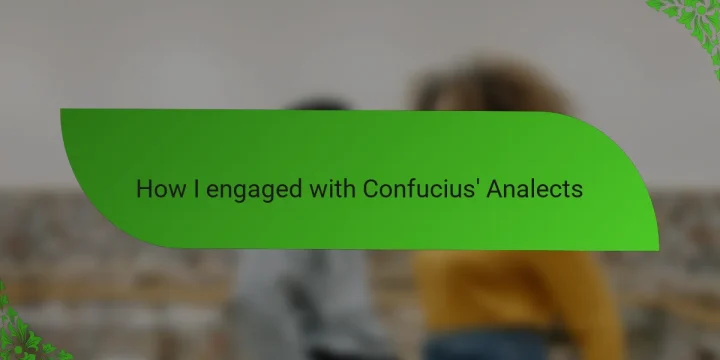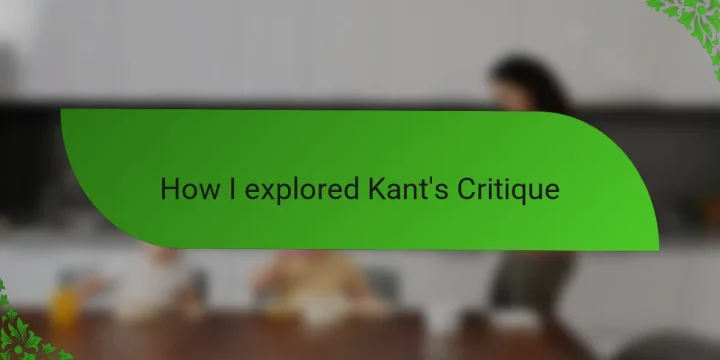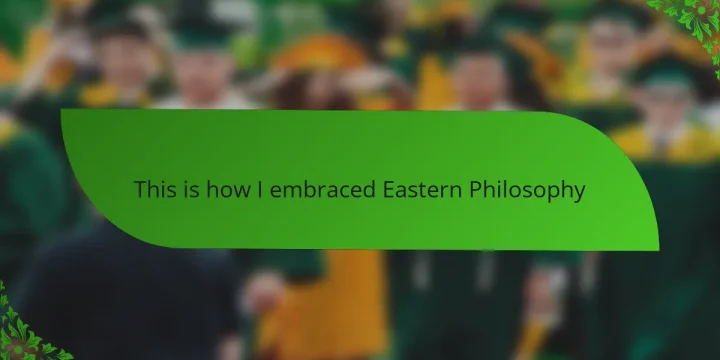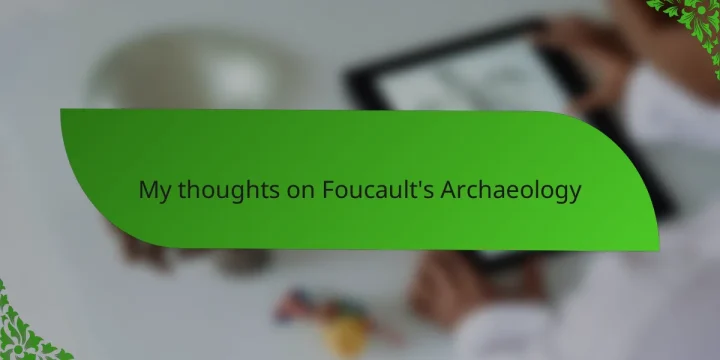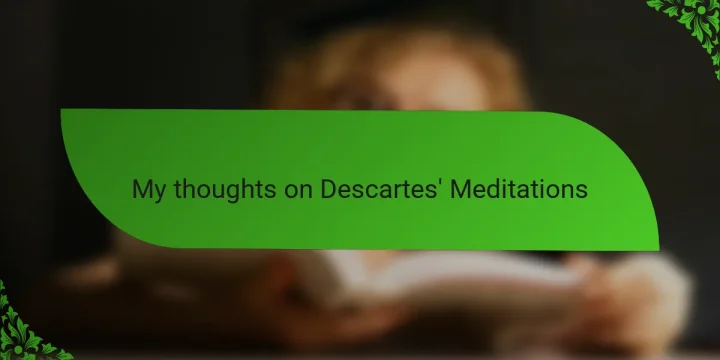
Key takeaways Descartes' method of radical doubt challenges readers to question their beliefs and the foundation of knowledge, fostering personal reflection. The phrase "Cogito, ergo sum" highlights the undeniable proof of existence through the act of thinking, anchoring one’s identity amid uncertainty. Teaching Descartes emphasizes critical thinking skills and the importance of engaging with philosophy on a personal level, making complex ideas more accessible. Applying Descartes' principles encourages active inquiry and self-awareness in learning, transforming doubt into a tool for deeper understanding. Overview of Descartes Meditations Descartes' Meditations is a profound journey into the nature of knowledge and existence. In my experience, reading it felt like peeling back layers of certainty, questioning everything I had taken for granted. How often do we pause to doubt the very foundation of our…
